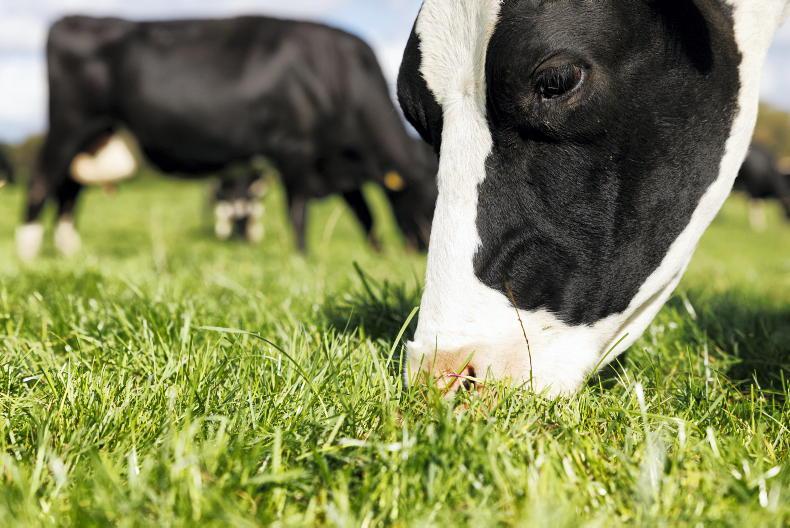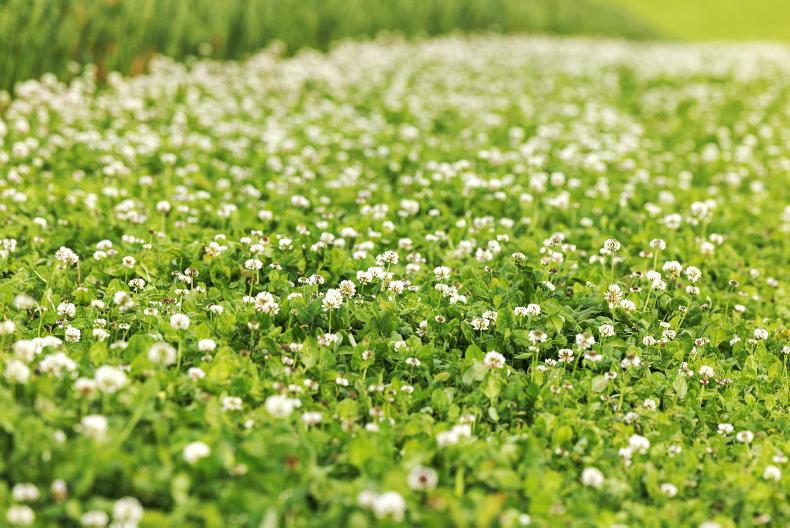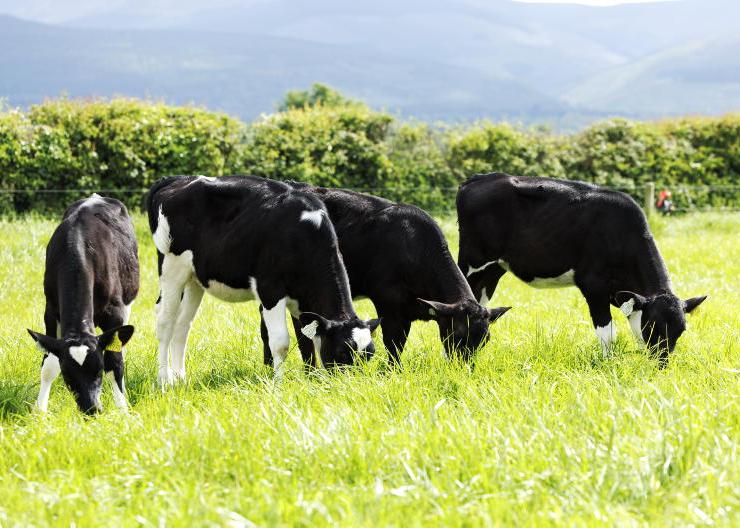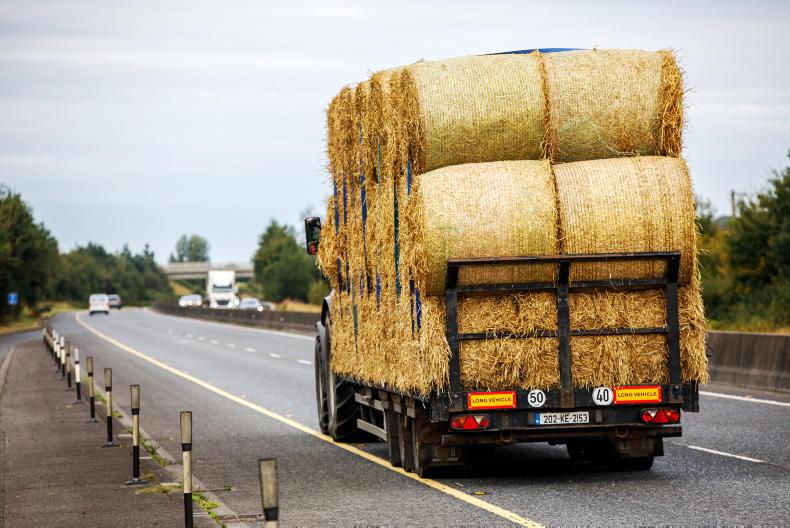With spring calving imminent for many suckler farmers, stock up on calving aids and equipment now. Outlined are some basic items for every calving kit.
1. Iodine, calving gloves and lubricant
Stock up on iodine and antiseptic sprays to treat the newborn calf’s naval. A dip cup is a more effective method of applying iodine to the naval than a spray.
Purchase arm-length and hand gloves for use when calving cows and when applying iodine.
Another key basic is calving lubricant. Always use a proper obstetric lubricant when calving a cow.
2. Calving ropes and working jack
Invest in a set of new calving ropes, opting for red and blue ones rather than white ropes. Do not use old, dirty or frayed ropes.
With red and blue ropes, the red one goes on the right leg and blue one on the left, so there is less chance of attaching ropes to the wrong side of the jack.
Check the ratchet on the jack is working and does not slip under tension. The head frame should also pivot freely.
3. New stomach tube
A new stomach tube is also recommended for the 2024 calving season. The old tube can be sterilised and used to treat sick calves only, provided it is not scuffed, nicked or damaged in any way.
Never, ever insert a scuffed tube down the calf’s throat, as it can serious damage and irritation.
By keeping a separate tube for use on sick calves only, you are not transferring disease from a sick calve to newborn calves that have yet to get antibodies.
4. Pain relief, milk fever prevention and life aids
After a hard calving, cows will benefit from some form of pain relief, such as an anti-inflammatory.
An antibiotic may also be recommended if there is internal bleeding, as well as those occasions when cows hold the placenta after calving.
Have magnesium in stock to treat cows that go down with milk fever. Make sure there are sterile needles and flutter valves to administer magnesium.
Calves may benefit from pain relief after a difficult labour, but check with your vet on suitable products first. Again, stock up on suitable gauge needles for treating calves.
Life aids, vitamin boosts and colostrum should be in every calving kit to get calves up and running after a difficult start.
5. Heat bulbs and calf jackets
Sick and weak calves struggle to regulate body temperature, so providing a heat source helps to raise core body temperature, stop animals burning fat and help them get to their feet.
Heat bulbs are a great tool, but can be awkward to set up so the cow isn’t chewing on the lead or hitting the lamp.
Calf jackets also raise core body temperature and are a good alternative.
Read more
Bord Bia to restart beef and lamb campaign in China
Countdown to calving on Tullamore Farm
With spring calving imminent for many suckler farmers, stock up on calving aids and equipment now. Outlined are some basic items for every calving kit.
1. Iodine, calving gloves and lubricant
Stock up on iodine and antiseptic sprays to treat the newborn calf’s naval. A dip cup is a more effective method of applying iodine to the naval than a spray.
Purchase arm-length and hand gloves for use when calving cows and when applying iodine.
Another key basic is calving lubricant. Always use a proper obstetric lubricant when calving a cow.
2. Calving ropes and working jack
Invest in a set of new calving ropes, opting for red and blue ones rather than white ropes. Do not use old, dirty or frayed ropes.
With red and blue ropes, the red one goes on the right leg and blue one on the left, so there is less chance of attaching ropes to the wrong side of the jack.
Check the ratchet on the jack is working and does not slip under tension. The head frame should also pivot freely.
3. New stomach tube
A new stomach tube is also recommended for the 2024 calving season. The old tube can be sterilised and used to treat sick calves only, provided it is not scuffed, nicked or damaged in any way.
Never, ever insert a scuffed tube down the calf’s throat, as it can serious damage and irritation.
By keeping a separate tube for use on sick calves only, you are not transferring disease from a sick calve to newborn calves that have yet to get antibodies.
4. Pain relief, milk fever prevention and life aids
After a hard calving, cows will benefit from some form of pain relief, such as an anti-inflammatory.
An antibiotic may also be recommended if there is internal bleeding, as well as those occasions when cows hold the placenta after calving.
Have magnesium in stock to treat cows that go down with milk fever. Make sure there are sterile needles and flutter valves to administer magnesium.
Calves may benefit from pain relief after a difficult labour, but check with your vet on suitable products first. Again, stock up on suitable gauge needles for treating calves.
Life aids, vitamin boosts and colostrum should be in every calving kit to get calves up and running after a difficult start.
5. Heat bulbs and calf jackets
Sick and weak calves struggle to regulate body temperature, so providing a heat source helps to raise core body temperature, stop animals burning fat and help them get to their feet.
Heat bulbs are a great tool, but can be awkward to set up so the cow isn’t chewing on the lead or hitting the lamp.
Calf jackets also raise core body temperature and are a good alternative.
Read more
Bord Bia to restart beef and lamb campaign in China
Countdown to calving on Tullamore Farm










SHARING OPTIONS